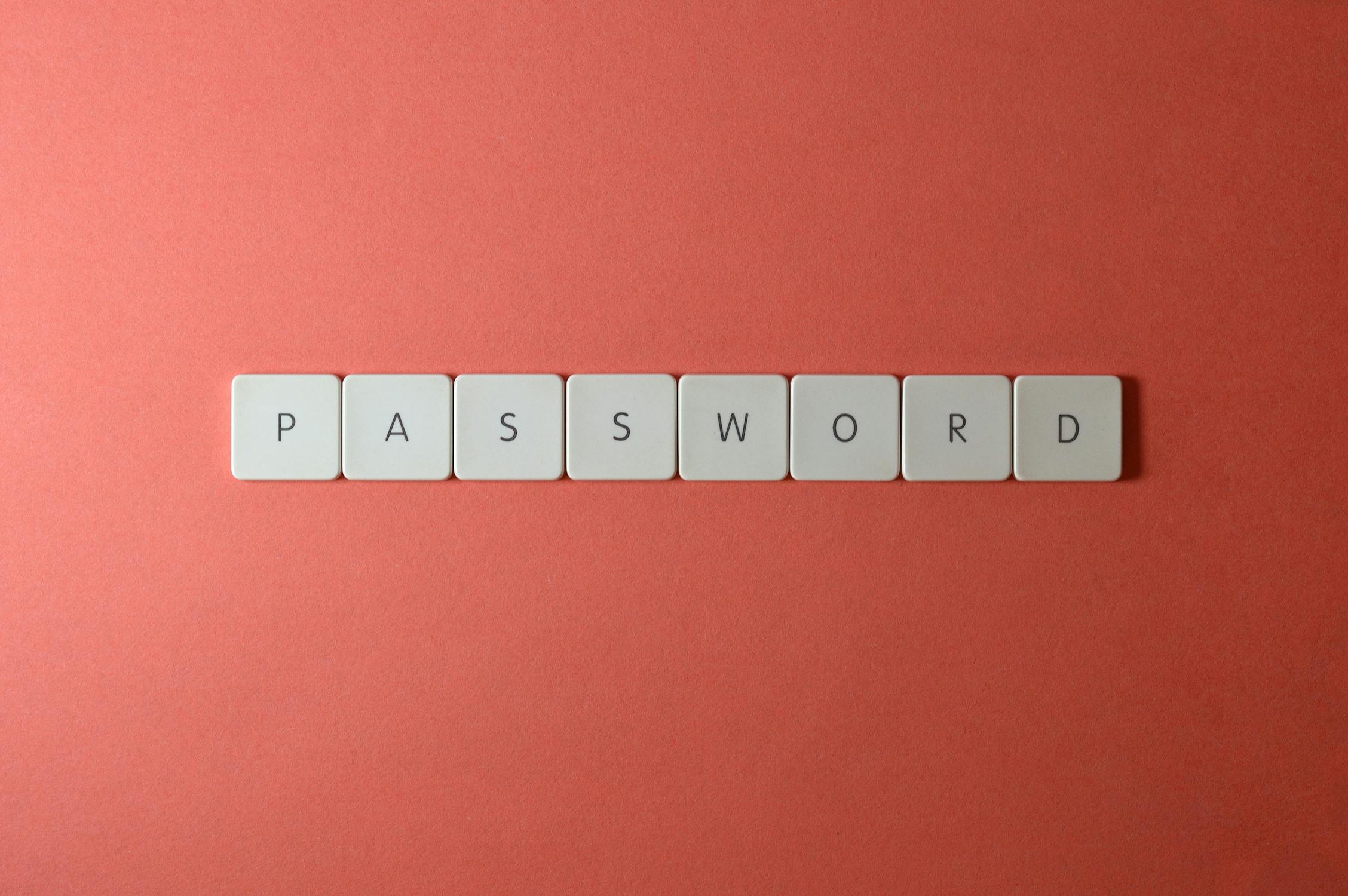Advanced Password Management Platforms: Simplify Your Security Strategy
Passwords are the gatekeepers of our online lives, yet managing them often feels like juggling a dozen fragile eggs. Between banking apps, streaming services, work accounts, and social media, it’s easy to lose track or, worse, fall into the trap of reusing the same password across multiple sites. This is where advanced password management platforms come in, offering a streamlined way to keep your digital security intact without turning your brain into a vault of endless combinations.

Why We Need Better Password Management
Think back to how often you've had to reset a password because you forgot it. Now imagine that happening while trying to access something critical, your email account after spotting suspicious activity, for instance. A 2021 report by Verizon found that 61% of data breaches involved weak or stolen passwords. It’s not just about remembering your logins; it’s about preventing unauthorized access.
The problem gets even more pressing when you factor in phishing attacks and data breaches. You might think you’re safe with a unique password for every account, but if you store them on sticky notes or an unsecured document on your laptop, you’re still vulnerable. Password managers address this by providing encrypted storage for all your credentials and even generating strong passwords on demand.
How Advanced Platforms Stand Out
Basic password managers have been around for years, but modern platforms are raising the bar. They don’t just store passwords, they help you adopt smarter security habits. For example:
- Password Generators: Advanced tools create complex passwords that are nearly impossible to crack, combining random letters, numbers, and symbols.
- Security Dashboards: Some platforms flag weak or reused passwords and suggest improvements. It’s like having a personal trainer for your online security.
- Biometric Integration: Tired of typing in your master password? Many apps now use fingerprints or facial recognition for easier access.
- Dark Web Monitoring: Certain managers scan the dark web for compromised accounts linked to your email address and alert you if your credentials have been leaked.
Take Dashlane as an example, a service praised by PCMag for its user-friendly interface and robust features like secure password sharing and VPN integration. Similarly, 1Password offers a travel mode that hides sensitive data when crossing borders, providing an extra layer of privacy during international trips.
Tackling Common Myths
Some people hesitate to use password managers due to misconceptions about their safety or practicality. Let’s address a couple of those:
- "What if the manager gets hacked?"
- "I’m too tech-challenged to use one."
This is a valid concern but largely unfounded with reputable services. Platforms like LastPass and Keeper use end-to-end encryption, meaning even they can’t see your passwords. If someone hacks their servers, the stolen data would be gibberish without your master password.
If you can navigate an app store or send an email, you can handle most password managers. Many offer step-by-step guides and intuitive interfaces designed for non-techies. Bitwarden is known for its simplicity while still being powerful enough for advanced users.
The Cost-Benefit Equation
You might wonder whether paying for a premium plan is worth it when free options exist. Free versions often provide basic storage and autofill capabilities but lack advanced features like dark web monitoring or family sharing options. Paid plans typically range from $3 to $10 per month, less than what many spend on coffee in a week.
The real question is how much value you place on peace of mind. A single account breach can cost time, money, and emotional stress as you scramble to recover access and contain the damage. Investing in a robust solution is like installing high-quality locks on your doors; it’s not about paranoia but practicality.
Getting Started with Confidence
If you’re ready to take control of your digital security, start by researching platforms that align with your needs. Are you managing only personal accounts or also handling sensitive work-related logins? Do you need cross-device compatibility? Features like offline mode may be crucial if you frequently travel without reliable internet access.
Once you've chosen a platform, set aside an hour to import your current passwords and let the software assess their strength. Many services include browser extensions that make this process painless. From there, commit to using the tool consistently, it won’t do much good if half your logins are stored in the app while the other half linger in unsecured spreadsheets.
Your online security doesn’t have to feel like an unsolvable puzzle. With advanced password management platforms, you gain both convenience and control, a combination that lets you focus on what really matters while staying one step ahead of cyber threats.
